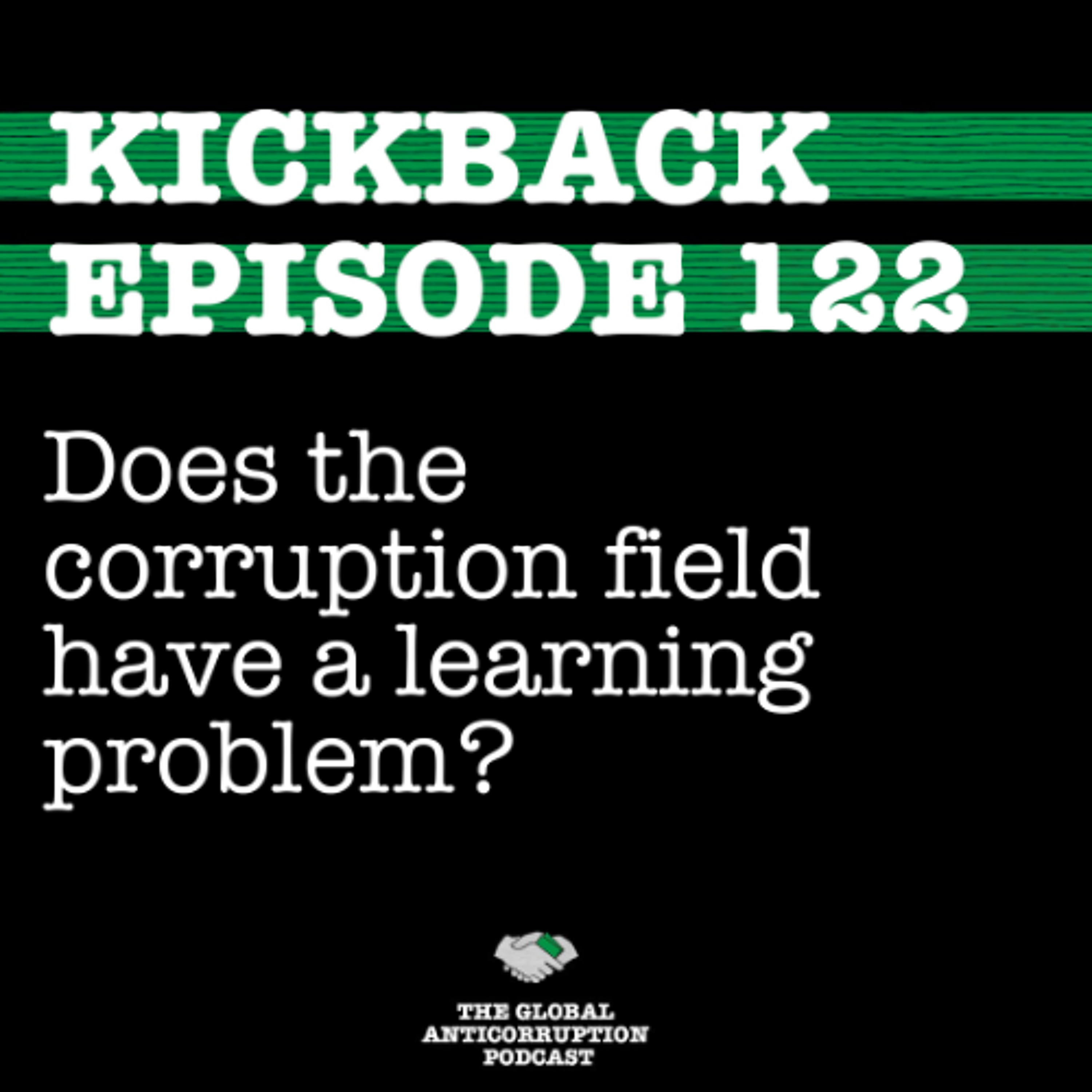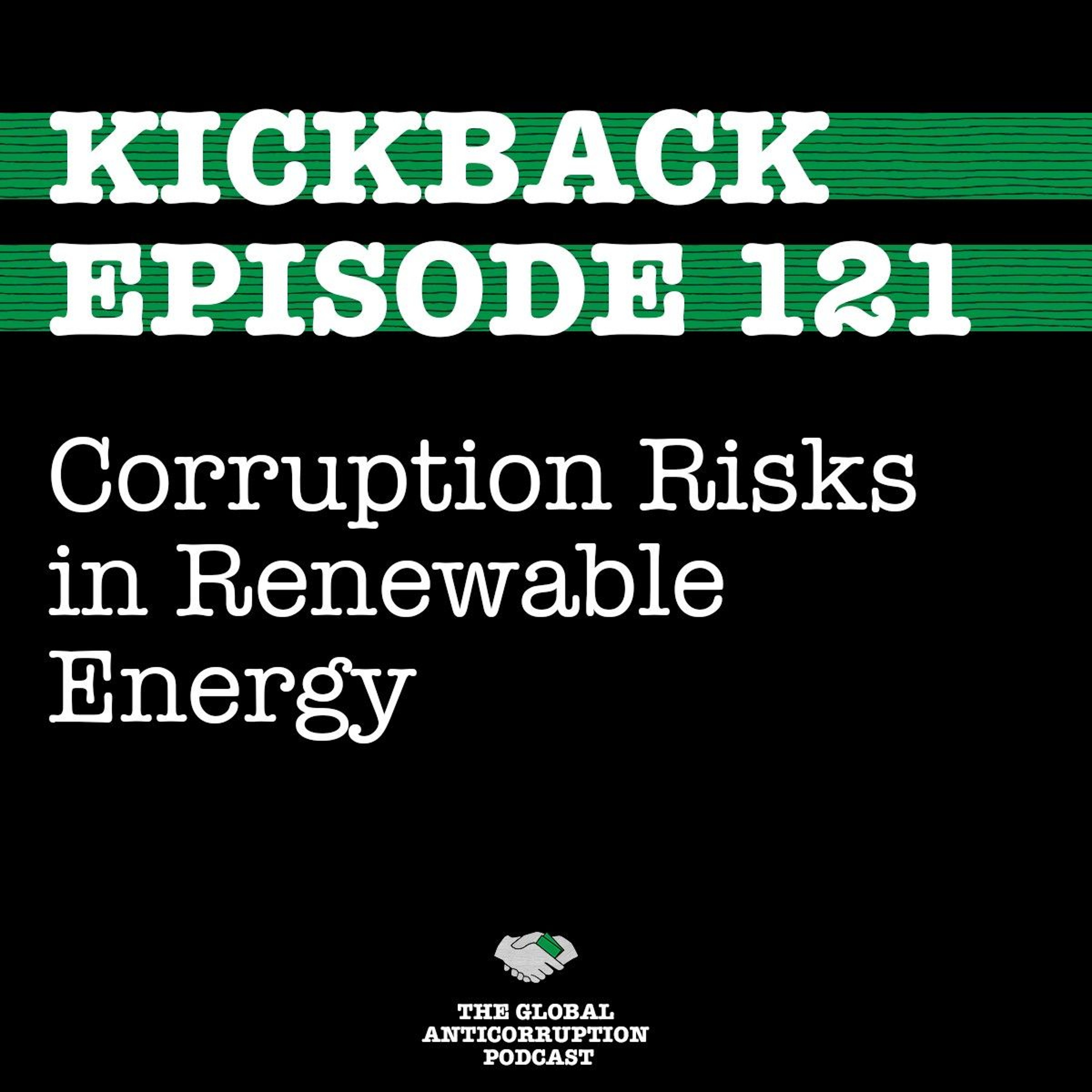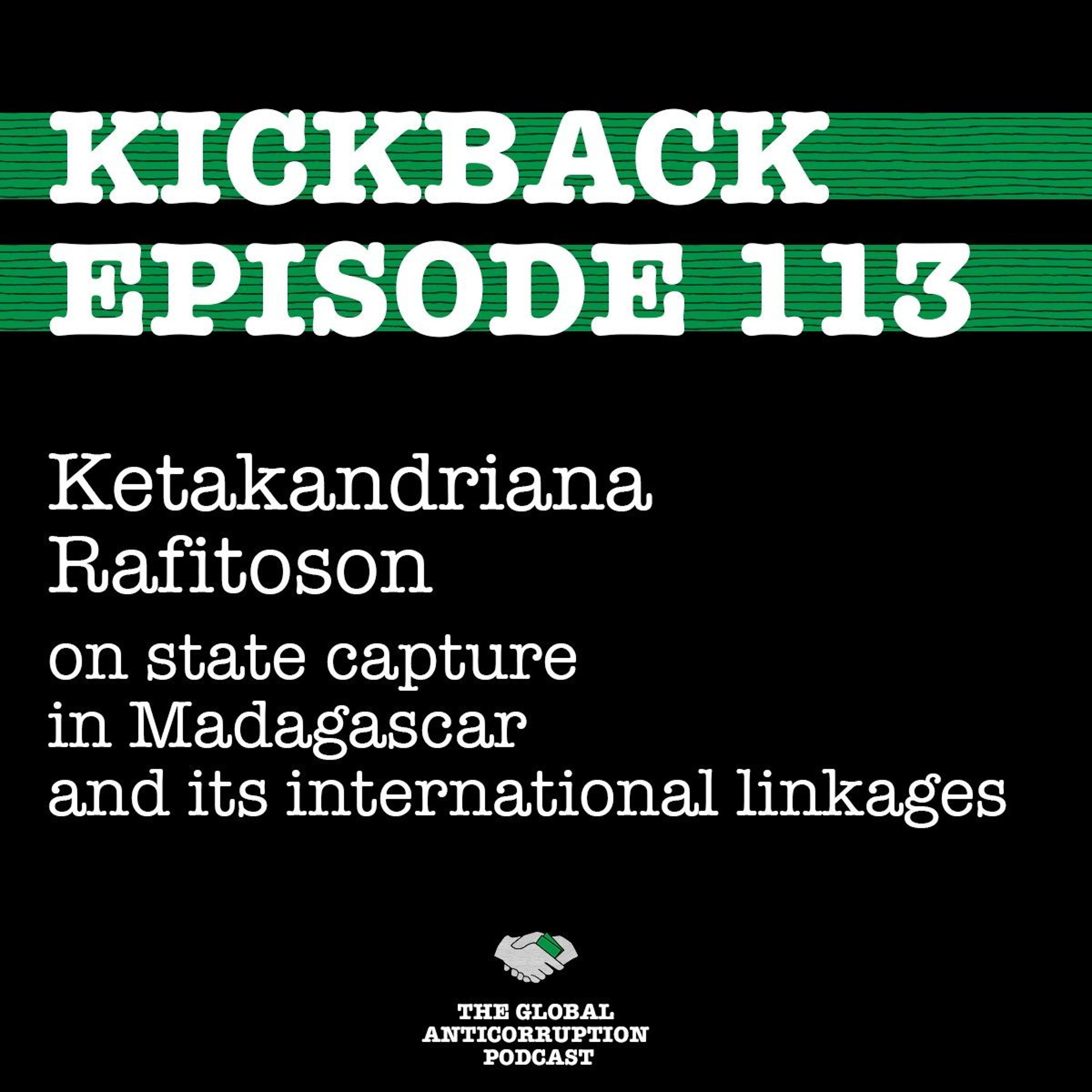107. Introduction to defining corruption
Update: 2024-02-01
Description
In this episode, Liz Dávid-Barrett, Becky Dobson-Phillips and Dan Hough (all Centre for the Study of Corruption) talk through some of the key considerations involved in defining corruption. They begin by discussing the strengths and limitations of the mainstream public office centred definition of corruption developed by Joseph S Nye (see below). Becky then introduces a new conceptual framework for defining corruption in context. This covers different dimensions to corruption, including notable contemporary manifestations.
Aimed at students new to the study of corruption, this is the latest in Kickback's series providing introductions to important debates in the corruption field. Similar episodes on corruption theory (Episode 98) and corruption measurement (Episode 93) can be found in the tracklist.
A link to the paper discussed can be found here: https://www.sussex.ac.uk/webteam/gateway/file.php?name=csc-wp-series-dobson-et-al-defining-corruption-final.pdf&site=405
For reference, the Nye definition of corruption is as follows
“Behaviour which deviates from the formal duties of a public role because of private regarding (personal, close family, private clique) pecuniary or status gains; or violates rules against the exercise of certain types of private-regarding influence.” (Nye 1967)
Aimed at students new to the study of corruption, this is the latest in Kickback's series providing introductions to important debates in the corruption field. Similar episodes on corruption theory (Episode 98) and corruption measurement (Episode 93) can be found in the tracklist.
A link to the paper discussed can be found here: https://www.sussex.ac.uk/webteam/gateway/file.php?name=csc-wp-series-dobson-et-al-defining-corruption-final.pdf&site=405
For reference, the Nye definition of corruption is as follows
“Behaviour which deviates from the formal duties of a public role because of private regarding (personal, close family, private clique) pecuniary or status gains; or violates rules against the exercise of certain types of private-regarding influence.” (Nye 1967)
Comments
Top Podcasts
The Best New Comedy Podcast Right Now – June 2024The Best News Podcast Right Now – June 2024The Best New Business Podcast Right Now – June 2024The Best New Sports Podcast Right Now – June 2024The Best New True Crime Podcast Right Now – June 2024The Best New Joe Rogan Experience Podcast Right Now – June 20The Best New Dan Bongino Show Podcast Right Now – June 20The Best New Mark Levin Podcast – June 2024
In Channel
























